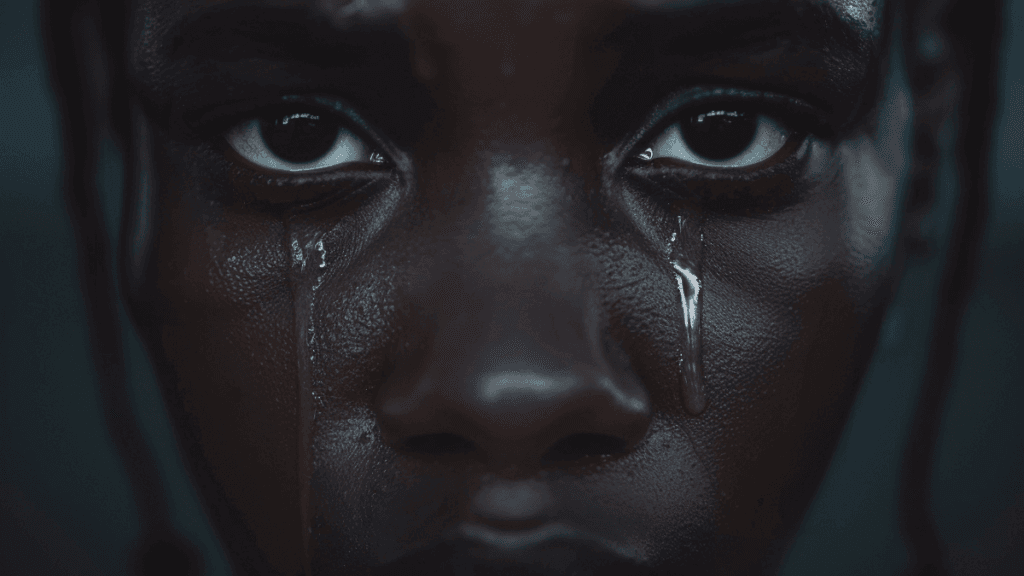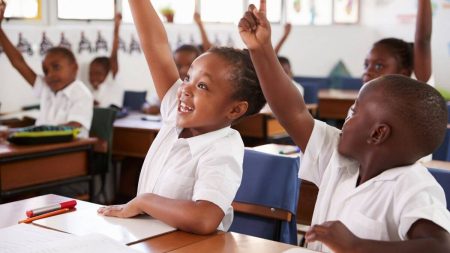South Africa faces a sobering reality—rape and sexual violence remain rampant despite progressive laws meant to protect victims. The country’s legal system continues to struggle with enforcing justice, and societal stigma often silences survivors. Notable cases like those of Timothy Omotoso and a young girl known as “Cwecwe” shine a harsh spotlight on the cracks in the system.
Understanding the Legal Framework
At the heart of South Africa’s fight against sexual violence lies the Criminal Law (Sexual Offences and Related Matters) Amendment Act 32 of 2007. This law modernised the legal definition of rape and placed a strong focus on consent.
Key Features of the Law:
Gender-neutral definition of rape: The law applies to all genders, acknowledging that anyone can be a victim or perpetrator.
Focus on absence of consent: It’s not just about force—it includes situations where victims cannot give consent, such as intoxication or mental incapacity.
Legal age of consent: Set at 16 years; any sexual act with someone younger is considered statutory rape.
Protection against coercion: Includes threats, power abuse, or manipulation to obtain sexual acts.
Despite this progressive legislation, enforcement remains a major challenge.
Case Study 1: The Timothy Omotoso Trial
Timothy Omotoso, a Nigerian pastor, faced multiple charges—rape, sexual assault, and human trafficking. Arrested in 2017, his case dragged on for years, with numerous delays and high emotional tolls on the victims.
Outcome and Reaction:
In April 2025, Omotoso and his co-accused were acquitted due to insufficient evidence.
The ruling sparked outrage among citizens and civil society.
Justice Committee Chairperson Xola Nqola said the verdict was an “assault on the fight against gender-based violence.”
This case revealed deep flaws in the justice system—especially its inability to support victims through long, painful trials.
Case Study 2: The Heartbreaking Story of “Cwecwe”
In Matatiele, Eastern Cape, a seven-year-old girl, nicknamed “Cwecwe”, was allegedly raped at her school while waiting for transport.
Key Details:
The school reportedly offered the family a transfer letter instead of support.
The incident led to national outrage, with the hashtag #JusticeForCwecwe trending across platforms.
Over one million people signed a petition demanding justice.
The Eastern Cape Department of Education deregistered the school for failing to protect the child and not cooperating with authorities.
“Cwecwe’s” case highlighted how institutions sometimes fail to prioritise children’s safety and rights.
Major Challenges in Tackling Sexual Violence
Despite laws in place, several obstacles continue to weaken the fight against rape and sexual violence in South Africa:
1. Underreporting of Cases
Fear of not being believed or facing public shame.
Cultural taboos and family pressures discourage victims from speaking out.
Distrust in police and the legal process.
2. Judicial Delays
Cases take years to resolve, leaving victims in limbo.
Evidence may weaken over time.
Survivors often drop cases due to fatigue or emotional distress.
3. Institutional Failures
Lack of trained personnel to handle sensitive cases.
Schools, clinics, and police stations often lack proper protocols.
Victims are sometimes blamed or ignored by the very people meant to protect them.
Ongoing Initiatives Supporting Survivors
Fortunately, various movements and organisations are stepping up to support victims and challenge harmful norms:
Action Breaks Silence
An international charity working in South Africa, Action Breaks Silence uses education to combat male violence against women and girls.
Promotes healthy masculinity and gender equality.
Works in communities and schools to shift attitudes.
Offers self-defence classes and awareness workshops.
Subverting the Silence
Started as a series of silent protests, this initiative draws attention to the emotional and social aftermath of sexual violence.
Emphasises the silence survivors face due to stigma.
Uses visual protests to engage the public and prompt discussion.
Started on university campuses like Rhodes University and has since grown nationwide.
Moving Forward: What Needs to Change?
South Africa needs a multi-layered approach to truly tackle this crisis.
1. Strengthen Institutional Responses
Schools, clinics, and police must have clear, victim-centered protocols.
Training staff to handle cases sensitively and efficiently is crucial.
Institutions must be held accountable for negligence.
2. Speed Up the Judicial Process
Fast-track courts for sexual violence cases could reduce delays.
Support systems (legal aid, therapy, shelters) must be accessible to all survivors.
Invest in forensic services to ensure quick and accurate evidence collection.
3. Shift Societal Attitudes
Run national campaigns to end victim-blaming.
Encourage more open conversations in communities, churches, and schools.
Empower men and boys to become allies in the fight against sexual violence.
READ: Comprehensive Guide to GBV Support Services in South Africa
The battle against rape and sexual violence in South Africa is far from over. While the country has strong laws on paper, the gap between legislation and reality remains wide. High-profile cases like Timothy Omotoso and “Cwecwe” remind us of the urgent need for reform—not just in the courts, but in every corner of society.
Survivors need more than laws—they need support, belief, and swift justice. And as a society, we must refuse to stay silent.










